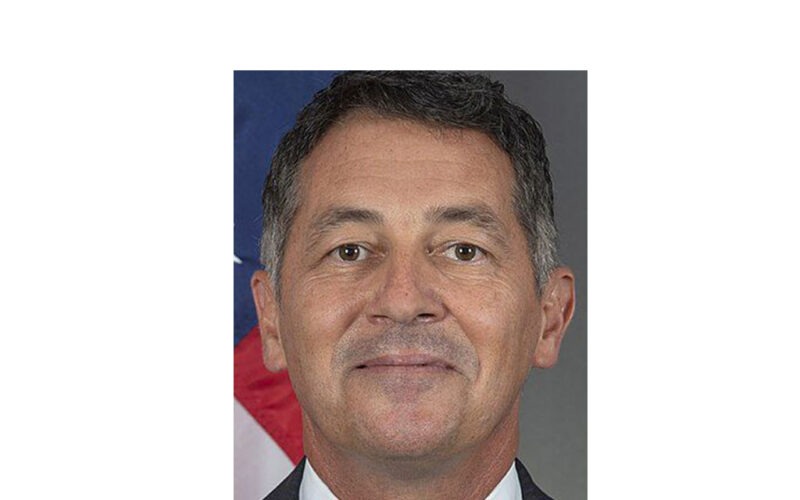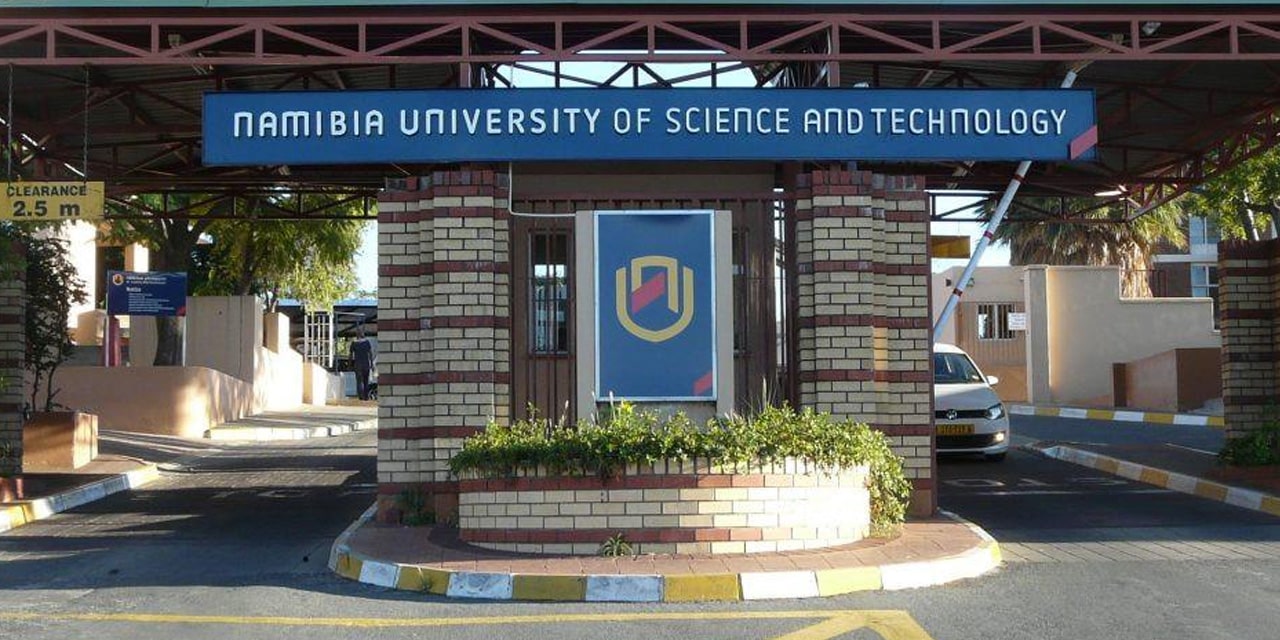Niël Terblanché
The United States Agency for International Development (USAID) will provide an additional N$90 million in humanitarian assistance to support drought-affected people in Namibia.
Randy Berry, the U.S. Ambassador to Namibia, made the announcement during a meeting with President Nangolo Mbumba at State House last week.
According to a statement released by the U.S. embassy in Windhoek, Berry said that the funding aims to alleviate the impacts of the El Niño-induced drought that has severely affected Namibia’s food security and agricultural productivity.
He indicated that the United Nations Children’s Fund (UNICEF) has received a portion of the funds, roughly N$1.8 million, to conduct assessments in the districts most affected by the drought.
“This assessment will identify communities in urgent need of nutrition assistance, particularly targeting women and children who are most vulnerable,” he said.
According to Berry, the latest Integrated Food Security Phase Classification (IPC) Report for Namibia estimates that nearly 1.4 million people, or almost 50 percent of the population, will face high levels of acute food insecurity at the peak of the lean season from September 2024 to March 2025.
“The drought has led to significant reductions in crop and livestock production, food price hikes, and increased unemployment,” he said.
Ambassador Berry said that the donation would be coordinated with the Office of the Prime Minister to enhance nutrition services, focusing on early detection and treatment of wasting among 24 500 women and children.
He added that the funding will also support the UN World Food Program (WFP) in providing food and nutrition assistance to more than 56 600 vulnerable individuals in the Ohangwena, Omaheke, Oshikoto, and Otjozondjupa regions.
In May, USAID also collaborated with the Ministry of Health and Social Services and UNICEF to distribute 14 tons of Ready-To-Use Therapeutic Food to treat severe acute malnutrition in at least 1 000 children.
Berry said that this initiative is part of an agreement with Chevron, which has committed approximately N$5.5 million for potable water projects and nutrition gardens and around N$1 million for emergency drought relief.
The announcement comes shortly after the UN World Food Program pointed to the severity of the drought in southern Africa, describing it as the worst in a century.
WFP’s acting regional director for southern Africa, Lola Castro, reported that 27 million people are on the brink of famine as a result of the current drought, which has decimated the region’s cereal harvests and left many farmers without any yield.
She added that the situation is exacerbated by the fact that the next harvest is not expected until April 2025, making the current period critical for humanitarian intervention.
Castro stressed the need for strengthened early warning systems and coordinated emergency response efforts to mitigate the impact on vulnerable populations.




